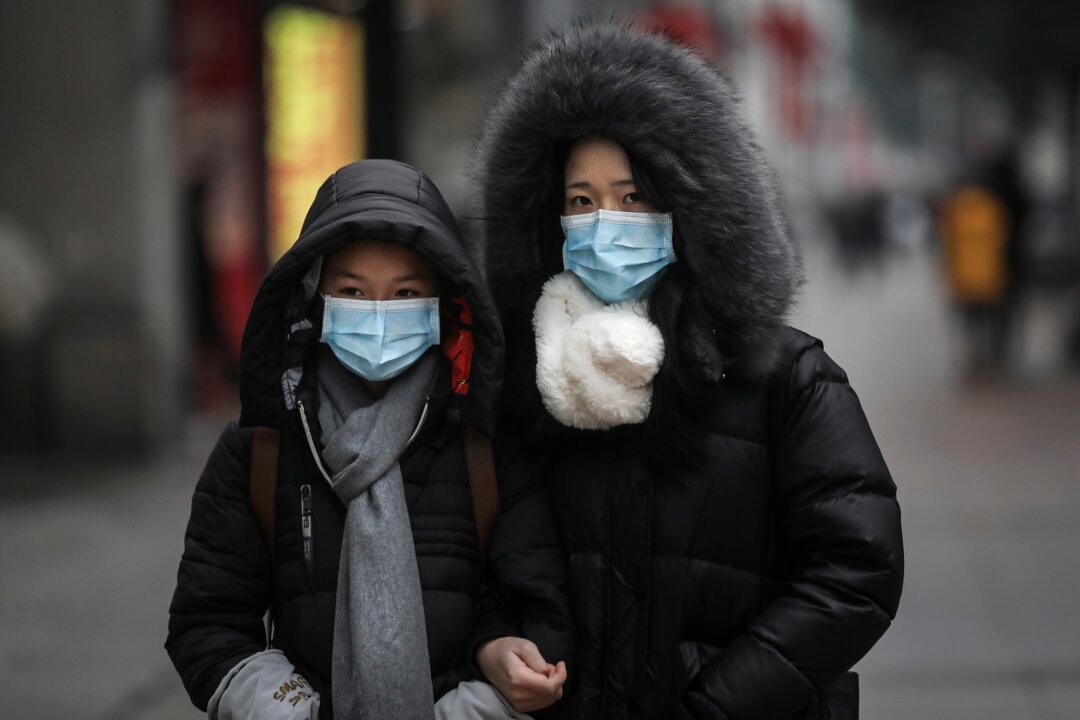It started with a light cough. He burped constantly, and complained of shortness of breath.
Family members thought it was no big deal. The doctor said he seemed to have heart problems and suggested him to stay in the hospital. He appeared healthy except for a minor infection in one lung area.





